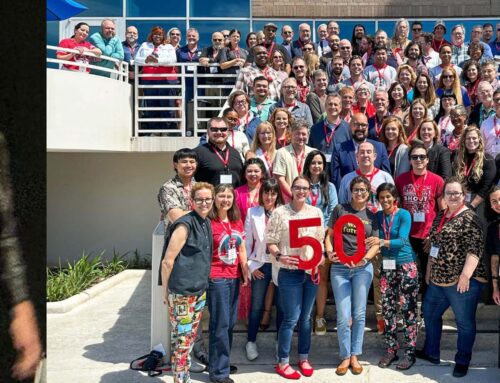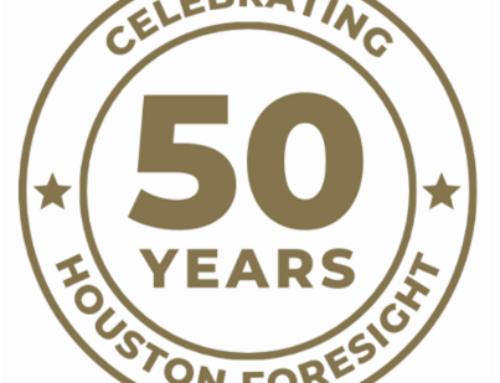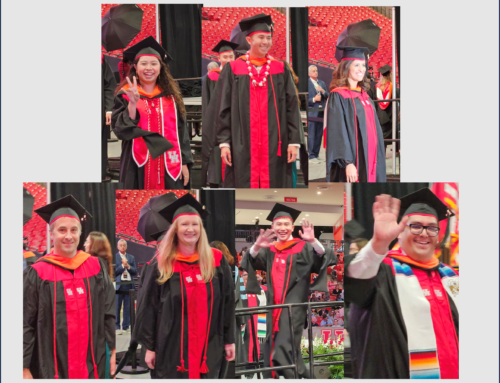 Dr. Bishop was recently interviewed by iG for the Brazilian workshop Strategies in Times of Uncertainty. Check out the article here, and the original interview below:
Dr. Bishop was recently interviewed by iG for the Brazilian workshop Strategies in Times of Uncertainty. Check out the article here, and the original interview below:
1) We live in a time of re-signification of consumption and shopping. You see this moment as one of the moments of uncertainty, here, from an economic standpoint? –
We futurists don’t make specific predictions, but we do speak of plausible scenarios. You bring up one of those scenarios-that younger people in the developed countries are not as interested in material possessions as their parents and grandparents were. That could mean that consumption might taper off a little in those countries. That said, there is still many other people throughout the world that have reached a standard of living that they aspire to so they are increasing demand more than the slight downtick of the younger people. And it is an open question whether younger people retain that value as they get older. So a possibility that some people might change their consumption habits compared to previous generations, but demand is still increasing worldwide and will continue to do for a long time, provided we have the resources to feed the demand.
2) What are the consumption characteristics that is going to form the new scenario?
My colleague, Andy Hines, describes it as “enoughness” in his book ConsumerShift. Previous generations wanted as much as they could get–the more, the better. Young people are growing up in a less material world, given the fact that information, communication and entertainment are now almost completely digital. As a result, they seem to be less acquisitive, at least of material things. But as I said, that is a relatively small movement compared to the billions of people in the world that still have a lot of things to get – TVs, washing machines, automobiles, houses, etc. – so I don’t expect worldwide demand to slow down that much as long as we have the resources to meet the demand.
3) Do you see companies engaged in understanding and recreating themselves in this new scenario? How they show this engagement?
Companies in the countries where this is happening are going to have to alter their value proposition somewhat, though not entirely. Before, it was the greatest value in goods and/or services for the least expenditure in time and money. That will still be important, but they will be inclined to add another dimension to the value proposition, mostly described as values. While consumers of the past would not buy from companies that acted like criminals, such as the tobacco industry in the US over the last 20 years, they were not particularly interested in how those goods and services came to market. Now there is some awareness of sustainability, fair trade, community orientation and social responsibility as part of the value proposition. It’s not as important as value and cost, which will probably always be the most important qualities of the purchase decision, values are there now and will grow and become more important to some extent.
4) What is the best strategy to capitalize the most from these moments of uncertainty and social transition?
Uncertainty is a problem for forecasters, but it is a blessing for change agents. A future that is more uncertain gives the change agent more room to influence change toward their preferred future.
5) What products and services do you see as the most relevant in the future? You see any specific markets and sectors that tend to gain more space in the new future?
Depends on what country or type of country you are talking about. In high income countries, digital products still have some life in them, but perhaps only for another 10 or 20 years. After that, there is biotechnology-the ability to create and manipulate living things, from bacteria to whole organisms like ourselves, using the exquisite control that we have demonstrated in the manufacture of electronic goods, but now with living things. We are still trying to figure out how all this works, but it might be just a matter of time (and maybe a long time) before we know enough about it to act to influence it. And not just in medicine, but in agriculture, manufacturing and waste management as well.
In medium- to low-income countries, the traditional consumer goods will still be good markets since most people are still increasing their standard of living-so bigger homes, better cars, better clothes, etc. will still be good markets in those countries.
All that is barring a huge disruption. One such disruption might be abrupt climate change. Up to now, climate change has been fairly incremental and slow. If it should speed up because of some positive feedback loops, we might have to severely reduce our use of fossil fuels and then energy and environmental goods become more important – more insulation for homes, more efficient appliances and vehicles, even solar panels for homes and buildings.





